Hamid Khoshayand – Regional Affairs Expert
Pakistan is the first and most important country that has provided the most prominent and valuable support to the Islamic Republic of Iran at all popular, elite, governmental, and political levels in defense against the aggression of the Zionist regime.
In addition to the historical civilizational and cultural ties, which themselves constitute an important factor and driver in expanding the depth and scope of relations between the two countries, Iran and Pakistan, with a 900-kilometer shared border, are two important neighboring countries. Due to their geopolitical position, economic capacities, regional role, etc., they are considered important partners for each other. Strengthening relations, especially in the current sensitive juncture when the region is facing a set of military, security, political, etc. challenges, can certainly serve the common interests and guarantee the national security of both countries.
Importance of the Visit
A) Economic and Commercial
As emphasized by our country’s President before leaving Tehran, the main goal of this visit is to enhance the level of economic exchanges between Iran and Pakistan to 10 billion dollars. Therefore, the most important expected achievement and one of the main pillars of this visit is elevating the level of economic and trade relations to higher levels. Targeting an increase from the current level of 3 billion dollars to 10 billion dollars in bilateral trade, finalizing the framework of the Free Trade Agreement, willingness to participate in infrastructure projects such as “One Belt, One Road” and connecting the ports of Chabahar and Gwadar, reviving the stalled gas pipeline project, expanding border markets, etc., all indicate a long-term view towards developing economic cooperation as the driving engine of bilateral relations. To achieve economic goals, removing administrative and customs barriers, especially resolving banking problems and establishing alternative payment mechanisms, will be a vital step on this path.
The critical issue of the Iran-Pakistan gas pipeline, which has been raised for years and faced numerous obstacles, is a central focus of this visit. The completion of this long-pending project, which has progressed to near the border but remains un-finalized due to reasons such as US pressure and Zionist lobbying, can not only meet Pakistan’s energy needs but can also be a strategic investment and a stable source of income for the Islamic Republic of Iran.
B) Military and Security
Military and security talks were also among the topics of attention during Pezeshkian’s visit to Islamabad. Given the extensive shared borders and security challenges arising from the activities of terrorist groups, especially in the Balochistan region, the trip is an opportunity to strengthen security, intelligence, and military cooperation between the two countries. Coordination in confronting common threats, operational intelligence exchange, and establishing joint monitoring mechanisms can help establish stability and sustainable security in the region.
C) Balance of Power and Regional Convergence
Regional convergence and influencing the balance of power are also among the issues that add to the importance of the visit of the President of the Islamic Republic of Iran to Pakistan. In an environment where geopolitical rivalries in the region have increased, strengthening relations between the two countries can lead to the creation of a stronger regional front aligned with the interests of both countries. This convergence is highly significant in facing regional challenges as well as influencing international events and threats posed by the Zionist regime, the US, and other destructive actors in the region and the periphery of the two countries.
Prospects and Consequences
Dr. Pezeshkian’s visit to Pakistan demonstrates a strong political will in Tehran and Islamabad to elevate their relations to a strategic and sustainable level. The centrality of agreements on economic, energy, and security domains indicates a mutual understanding of the two countries’ priorities and a willingness to cooperate in areas that will have the most significant impact on the welfare and security of both nations.
The effective and diligent implementation of the agreements reached, especially regarding increasing trade volume, facilitating the movement of traders, and advancing energy projects, can lead to the sustainable provision of mutual interests and the expansion of peace and stability in the region. If successful in these areas, significant changes in the region’s economic and geopolitical relations would not be unexpected.
However, success in realizing this cooperation depends on overcoming existing challenges and the smart management of opportunities. Strengthening the institutions responsible for implementing agreements and establishing the necessary mechanisms to remove existing and potential obstacles are among the factors that can guarantee the success of this cooperation. Also, efforts to reduce regional tensions and strengthen mutual trust can have a significant impact on advancing common goals.

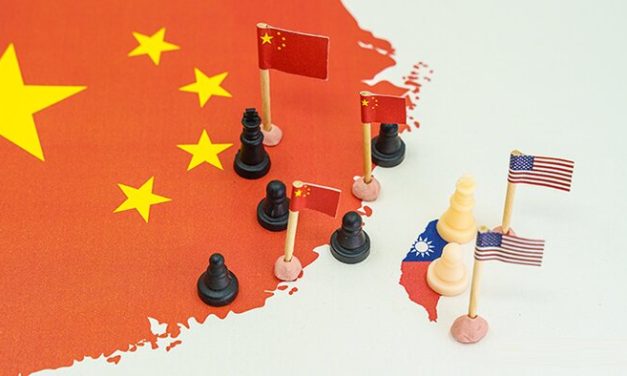
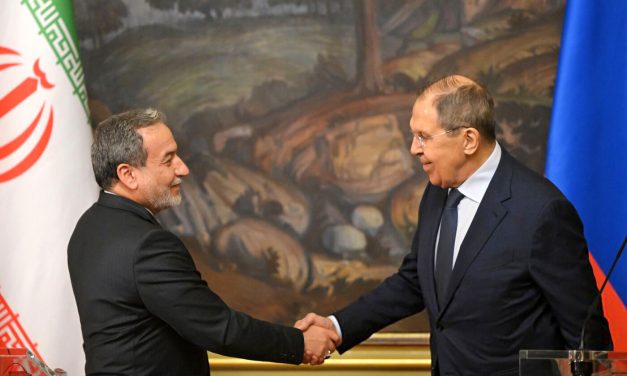
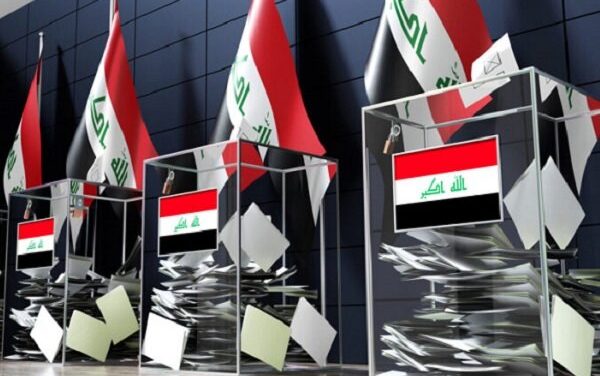

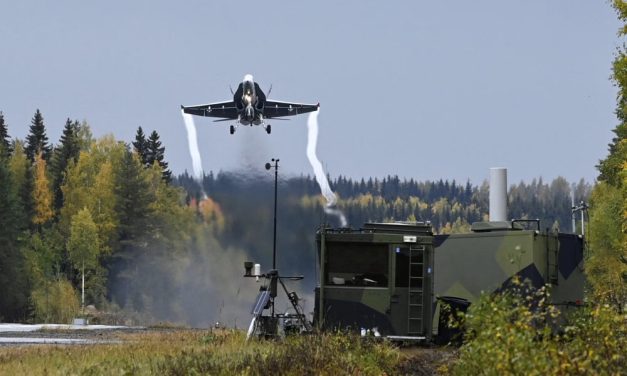
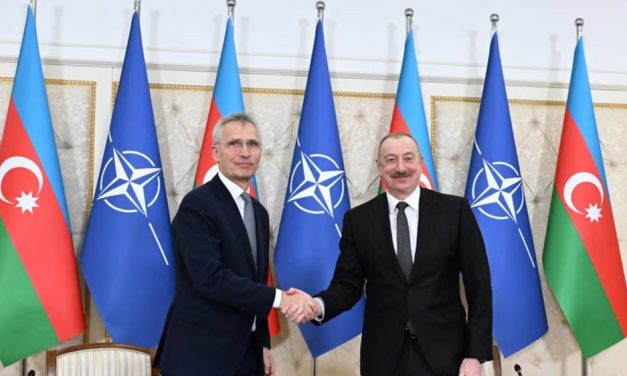
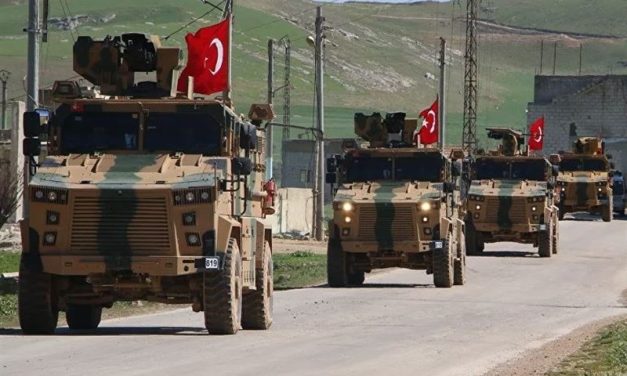
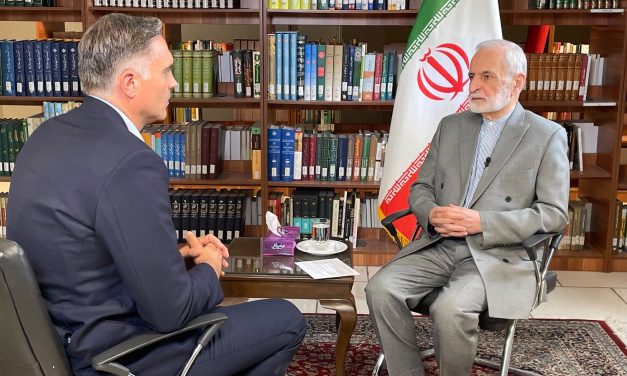

0 Comments